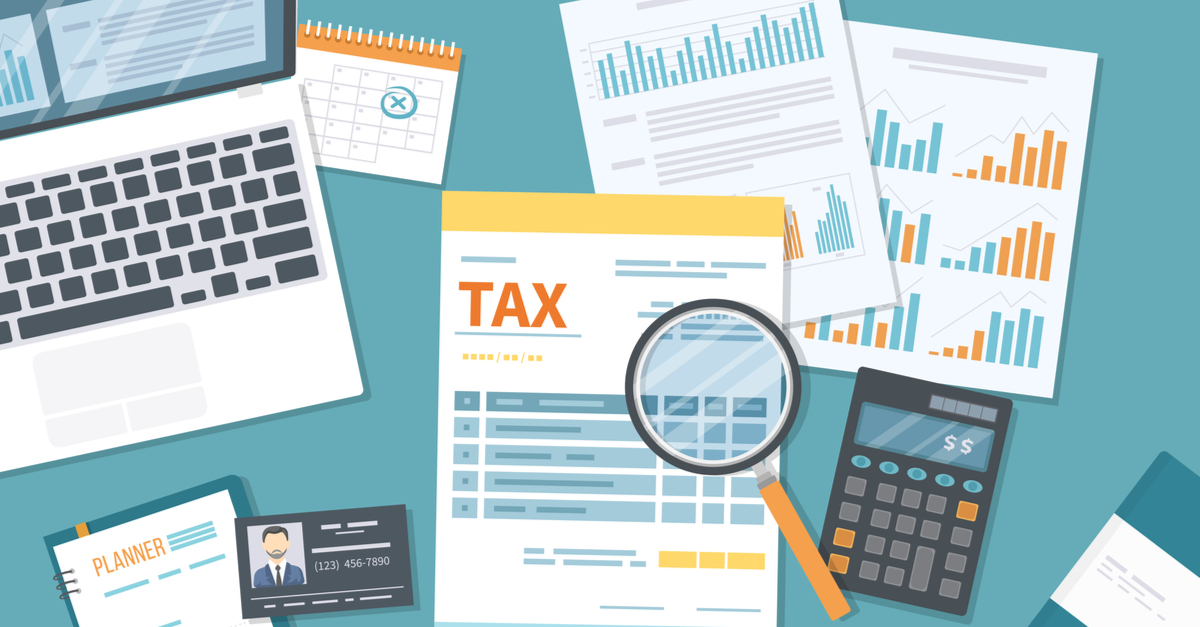Whether you’re a sole trader, in a business partnership or run a limited company, there’s no getting away from your Self Assessment tax return each year. With the deadline of 31st January (31st October for paper returns), CRM would hope that you have completed your return already but there are always many people who are furiously typing in the online forms until the midnight deadline on the 31st. Read about common tax return pitfall in our blog.
And if you don’t quite make it, your late tax return will incur an automatic penalty of £100, even if you owe no tax at all. If your tax return is over three months late, £10 daily penalties accumulate up to a maximum of £900. For a six month overdue return, the penalties grow further and can reach £1600 so it’s well worth not burying your head in the sand and getting to grips with your tax return as early as possible.
The 31st January deadline is also the date when your tax bill is due. If you’ve completed your return early, at least there isn’t a nasty shock and last-minute panic to pay the bill – forewarned is forearmed as they say. Check out our blog about the other benefits of filing your tax return early here.
Of course, budgeting in advance across the year can spread the cost of your tax bill to come. Many recommend saving 30% of your profit each month. Understanding that it’s not your money and keeping it in a separate bank account can help to ease the pain.
Unfortunately, self-employed people often find themselves with a bill that they cannot pay so it’s important to know your options and work out your plan of action.
Have you claimed all you can?
Without expert advice from accountants like CRM, it’s easy to miss out on the reliefs and allowances that are available to you. Your tax bill could be higher than it should be and difficult to pay. Most importantly, check your personal allowance to make sure the first part of your income is not taxed. The personal allowance for the 2018/19 tax year is £11,850 (rising to £12,500 in 2019/20).
What about your business expenses? Make sure you know what are allowable, such as accountant and legal fees, business insurances and memberships. The business portion of your mobile phone bill and even your utility bills and mortgage (if you work from home) are allowable expenses. If your deductible expenses are under £1,000, you could claim the trading allowance instead to reduce, or even wipe out your taxable profit. A similar allowance of £1,000 is also available against property income, and as they are independent, you can claim both in the same tax year (assuming you have both types of income of course!)
Payment on account
Splitting your payments into two instalments can make tackling your tax bill slightly more tolerable. The first instalment is due on 31st January which comprises the balance of your previous year’s payment and 50% of the current tax year’s bill. The second instalment for the same amount is due on 31st July.
If you think your taxable earnings will be lower in the current tax year, you can reduce your payment on account by completing an online form on the HMRC website. If you complete it by 31st January, this will prevent HMRC chasing you for the excess, although you can file this with retrospective effect.
Payment plan
If your tax bill has come as a nasty shock and you are struggling to find the funds to pay it, you can suggest a payment proposal of more manageable instalments to HMRC. This will be properly considered but you may be asked about savings or other assets that can be used to pay the bill in one instalment.
If you feel that you could use some help preparing your next tax return for 2019/20 in a calm, error-free way, contact the tax experts at CRM on 01865 379272.

